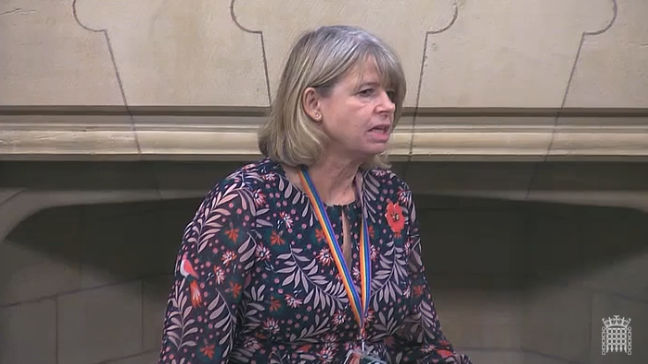Speaking in a debate on integrated foreign policy post-Brexit, Harriett Baldwin highlights UK success in persuading the OECD Development Assistance Committee to permit the percentage of development money that can be spent on peacekeeping from 7% to 15%.

Harriett Baldwin (West Worcestershire) (Con)
My hon. Friend is making some very wise points. When I was a Minister, I was certainly impressed with the integration that we see in post. I appreciate that he applied for the debate before the general election was announced, but is he as shocked as I am to see that there is not a single Labour Member present to discuss this crucial issue?
Mr Seely
It is disappointing that they are not here, but we have a former Labour Member, the hon. Member for Penistone and Stocksbridge (Angela Smith), as well as an esteemed Democratic Unionist Member, the hon. Member for Strangford (Jim Shannon). There is at least some cross-party interest.
What is the UK’s status in the world? The 21st century is likely to be defined by two superpowers: China and the United States.
...
Harriett Baldwin
Does my hon. Friend welcome the fact that we were successful in lobbying the OECD DAC to ensure that peacekeeping should go from 7% to 15%?
Mr Seely
Yes, and I congratulate the former Minister on her excellent work and that of the Department. We can spend 15% now, but there is a big difference between 15% and 100%. I would like to see all UK peacekeeping counted, either by changing the rules of DAC or rearranging how we spend our aid money.
The second thing I would like to see is a reinvigorated BBC World Service TV and radio, with significantly increased funding, and I would like that to come under aid and development. Increasingly, aid and development will be seen not just as keeping people alive, as important as that is—I would not touch, but increase the life-saving element of DFID’s budget. However, I would reallocate some of the economic support, where there is no discernible evidence of its effectiveness, either to the BBC World Service so that it can take on global fake news, or peacekeeping.
